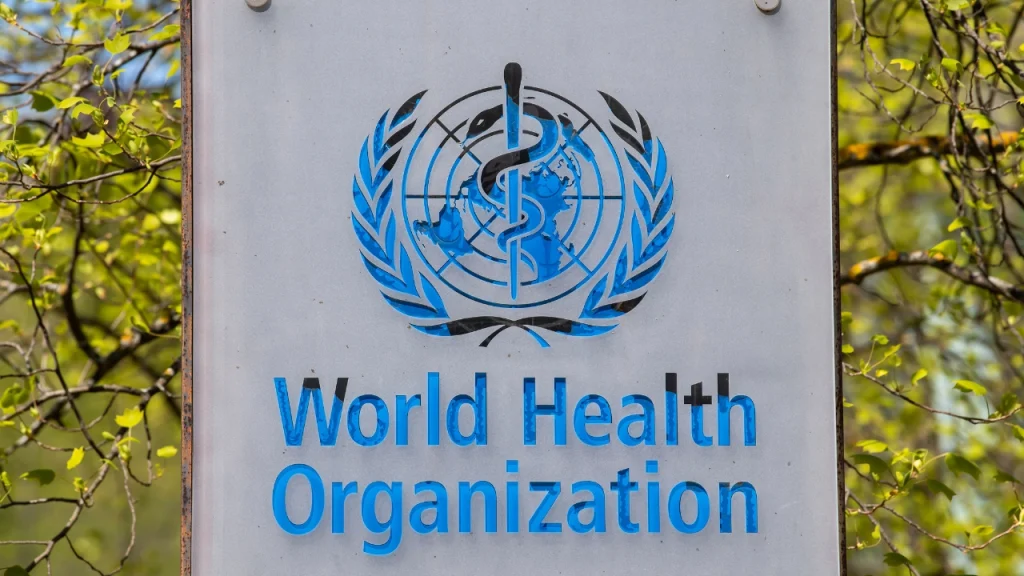The World Health Organisation (WHO) has reported that Mpox is primarily affecting men, with 90% of cases occurring in male individuals.
Most of these infections have been linked to sexual transmission, according to a comprehensive report.
Out of 90,410 confirmed cases worldwide, 87,189 were men, with 96% of them contracting the virus through sexual intercourse. The age group most affected includes men aged 29 to 41.
The WHO report, which analysed data from various countries up to 30 June 2024, shows that sexual contact remains the most frequent mode of transmission, accounting for 19,102 out of 22,801 cases globally. Non-sexual, person-to-person contact is the second most common method of transmission.
Over the past six months, 97% of new cases have been attributed to sexual transmission, with genital rashes being the most common symptom among infected individuals, followed by fever and systemic rashes.
The report, released on Tuesday, August 13, highlights the Democratic Republic of Congo (DRC), where sexual transmission has occurred among sex workers and men who have sex with men. Some individuals in these groups only presented with genital lesions, which is an unusual symptom compared to the more extensive rashes typically associated with Mpox.

Mpox can be transmitted through close contact, particularly during oral, vaginal, or anal sex with an infected person.
WHO advises people with unusual rashes to avoid sexual activity or close contact until they have been tested for sexually transmitted infections (STIs), including Mpox. It is also noted that Mpox rashes can develop in hard-to-see areas such as the genital region.
The Organisation also recommends reducing the risk of sexual transmission by discussing symptoms and risks with sexual partners, informing partners of any symptoms that develop, reducing the number of sexual partners, and taking breaks from sexual activity. It also advises consistent condom use, avoiding group sex, and staying away from sexual venues like saunas and bars.
Although Mpox virus has been found in semen, it is not yet confirmed whether it can be spread through semen or vaginal fluids. While condoms cannot fully protect against Mpox, they may reduce exposure to the virus and provide protection against other STIs such as HIV. People who recover from Mpox are advised to use condoms for 12 weeks post-recovery.
Mpox is a viral disease that primarily affects regions in Central and West Africa. Symptoms include rashes, fever, sore throat, headaches, body aches, low energy, and swollen lymph nodes. It spreads mainly through skin-to-skin contact, exposure to contaminated materials, and sexual activity.

People at higher risk of contracting the virus include close contacts of infected individuals, healthcare workers, people handling wild animals, and those with multiple sexual partners.
The disease has been confirmed in Eastern African countries, including Burundi, Kenya, Rwanda, and Uganda, marking its first appearance in these areas.
Mpox is endemic in Central and West African countries like Benin, Cameroon, the Democratic Republic of Congo, Nigeria, and others.
In June 2024, Africa recorded the highest number of Mpox cases, with 567 infections, followed by the Americas, Europe, the Western Pacific, and Southeast Asia.
Between January 2022 and June 2024, a total of 99,176 confirmed cases and 208 deaths were reported across 116 countries globally.


